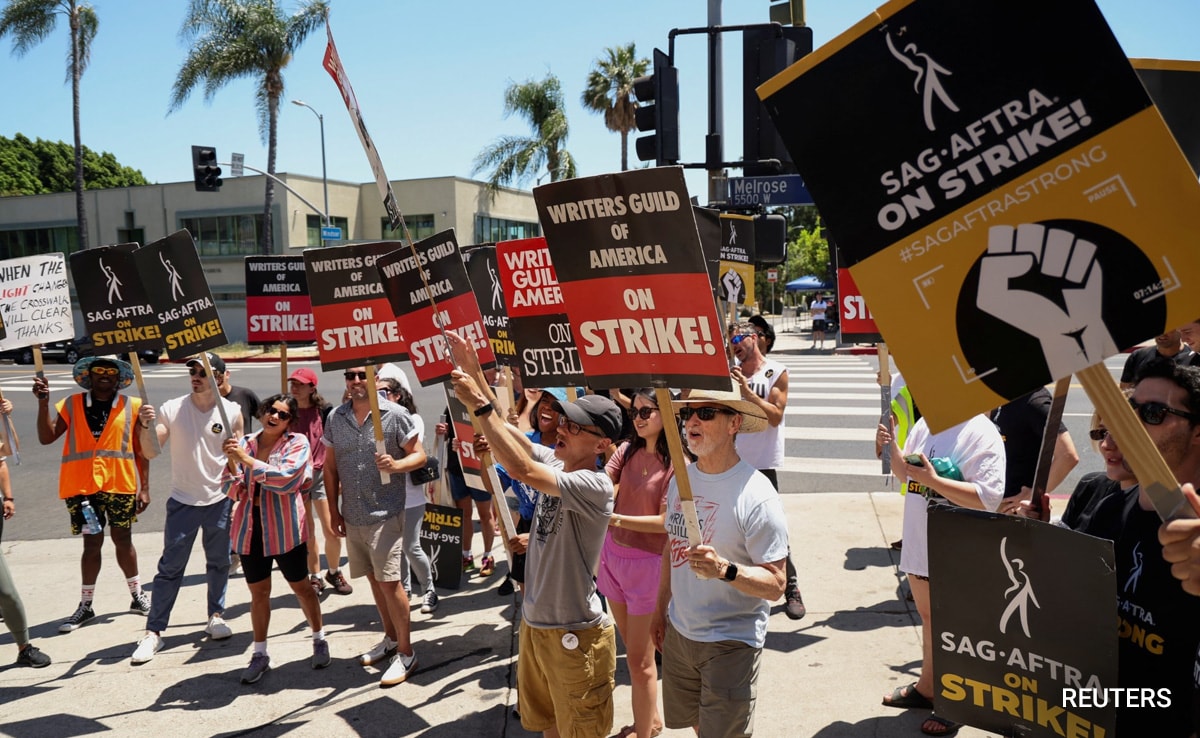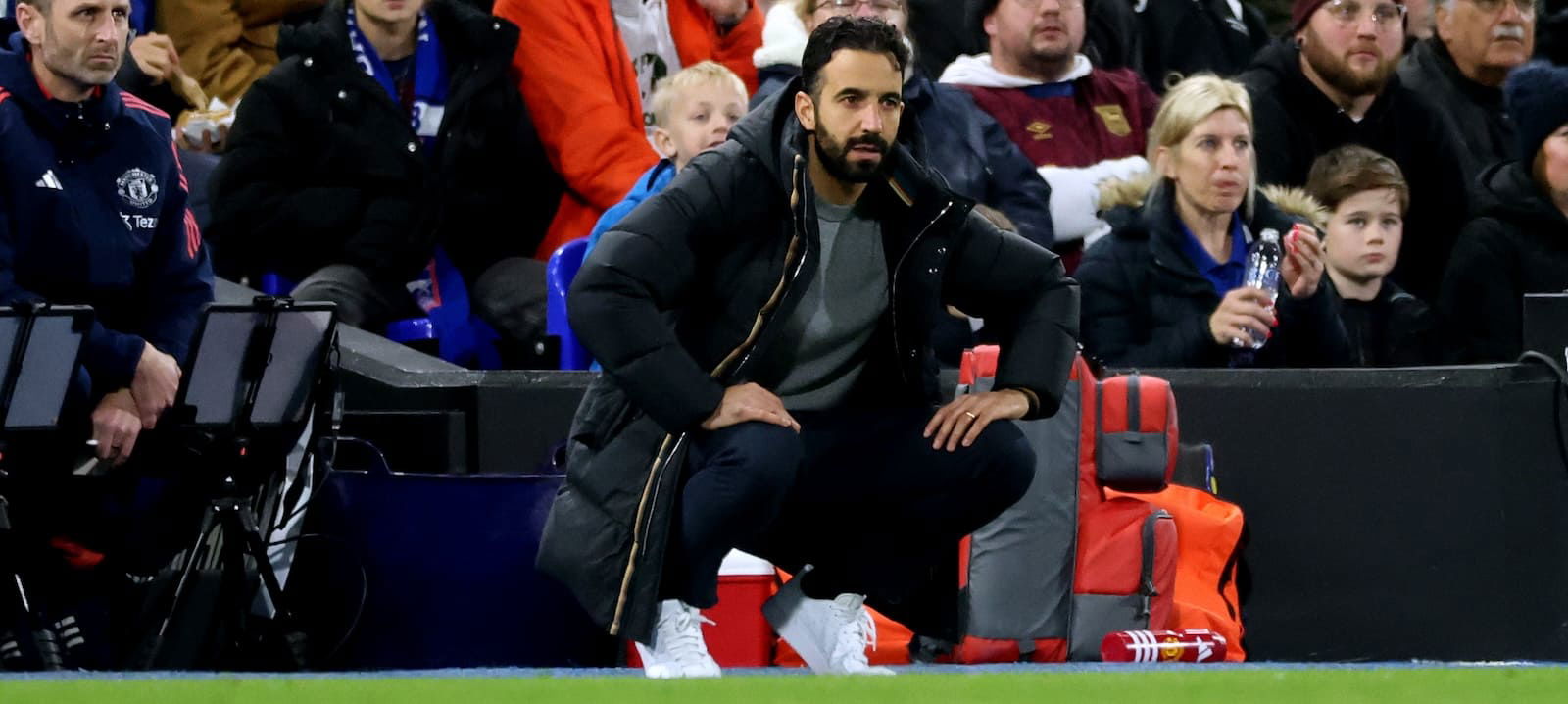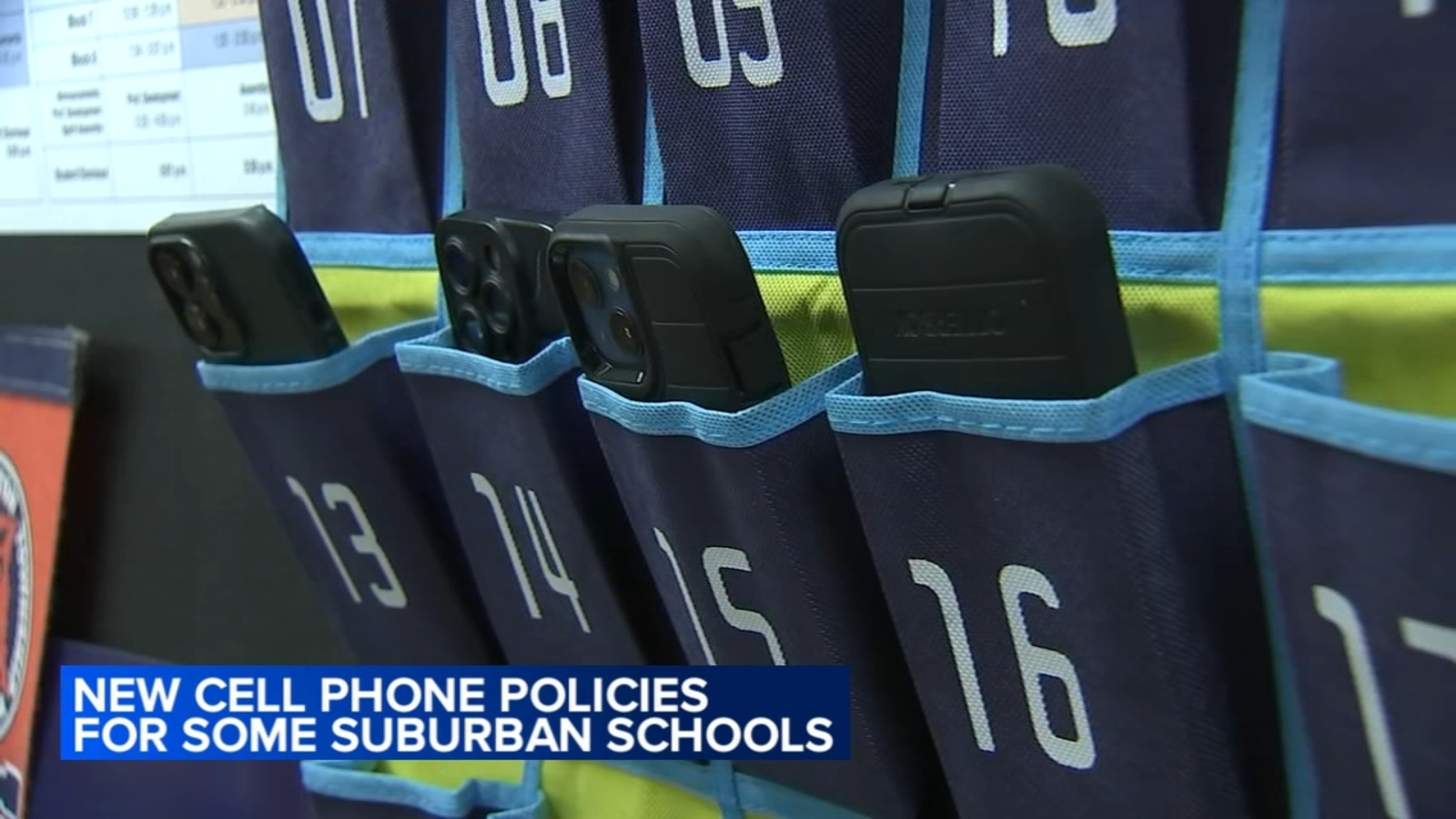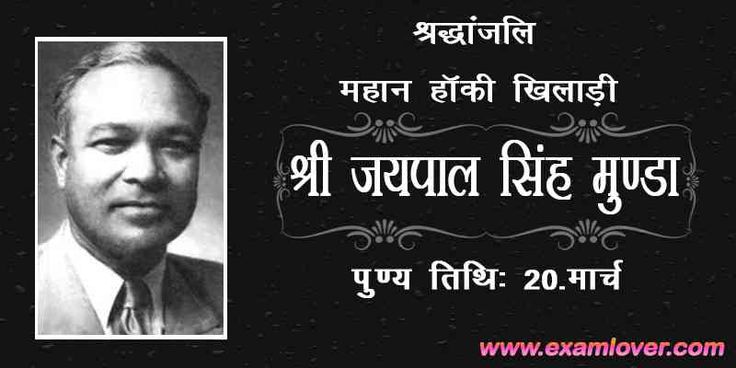Double Trouble In Hollywood: Writers And Actors On Strike

Table of Contents
The Writers Guild of America Strike: Fighting for Fair Compensation and Creative Control
The WGA strike represents a powerful pushback against the changing landscape of television and film production. The core issues revolve around fair compensation, the threat of AI, and the maintenance of creative control.
Diminishing Residuals in the Streaming Age
The shift from traditional broadcast television to streaming services has drastically altered the compensation model for writers. Unlike the lucrative rerun and syndication residuals enjoyed under the broadcast model, streaming deals often offer minimal or no residuals, even for hugely successful shows.
- Example: A writer on a hit network show in the past might have earned substantial residuals from syndication and international sales. Their counterpart on a similarly successful streaming show may receive a fraction of that income.
- Statistics reveal a significant drop in writer income. While precise figures vary depending on the contract, numerous reports indicate a dramatic decrease in writers' earnings due to the shift toward streaming.
- The WGA demands include a fairer share of streaming revenue, aiming to restore a more equitable compensation structure for writers in the digital age.
The Threat of AI in Screenwriting
The rise of artificial intelligence (AI) poses a significant threat to writers' livelihoods and creative control. The WGA expresses deep concerns about the potential use of AI to generate scripts, undermining the role of human writers and potentially devaluing their skills.
- The WGA is pushing for safeguards against the unauthorized use of AI to create scripts, ensuring that writers receive appropriate credit and compensation for their work, even if AI is involved in the process.
- AI-generated scripts raise ethical questions about originality, authorship, and creative ownership, creating further concerns for the writing community.
- The union is seeking to protect jobs and ensure that AI is used as a tool to assist writers, not replace them entirely.
Maintaining Creative Control
The WGA is also fighting for greater creative control over their work. The union cites instances of excessive studio interference, leading to compromised creative visions and diminished writer input.
- Many writers report feeling pressured to make changes that negatively impact the storytelling or the overall quality of the final product.
- The WGA demands involve gaining greater autonomy in the writing process, securing their right to oversee their work without unnecessary interference from studios and producers.
The SAG-AFTRA Strike: Addressing Fair Wages and AI Concerns
The SAG-AFTRA strike, occurring simultaneously with the WGA strike, amplifies the concerns facing the entire entertainment industry. SAG-AFTRA focuses on fair wages, the implications of AI, and improved working conditions.
The Fight for Fair Wages and Benefits
SAG-AFTRA's concerns extend beyond the highest-paid actors. The union advocates for fair wages and benefits for all its members, particularly background actors and those in lower pay tiers, who often struggle to make ends meet.
- Statistics show a significant gap between actor compensation and the rising cost of living, particularly in major entertainment hubs like Los Angeles.
- SAG-AFTRA demands include increased minimum wages and improved benefits packages to ensure a sustainable livelihood for all actors, regardless of their prominence.
The Impact of AI on Actors' Work
The use of AI to replicate actors' performances, create deepfakes, and potentially replace them entirely is a central concern for SAG-AFTRA.
- This practice raises significant ethical and legal questions about the ownership of an actor's likeness and the potential misuse of their image.
- The union seeks clear regulations and guidelines governing the use of AI to protect actors' rights and prevent the erosion of their livelihoods.
Self-Tape Auditions and Working Conditions
The widespread adoption of self-tape auditions has introduced new challenges for actors.
- Actors must now bear the costs of filming and editing their auditions, which can be substantial, especially for those with limited resources.
- The increased workload associated with self-tapes adds pressure to already demanding schedules.
The Ripple Effects of the Hollywood Double Strike
The simultaneous strikes by the WGA and SAG-AFTRA have far-reaching consequences across the entertainment industry.
Impact on Production
The strikes have brought numerous film and television productions to a complete standstill.
- Many major projects are indefinitely delayed, creating a backlog of unreleased content.
- The economic implications for the industry are substantial, including lost revenue, job losses for crew members, and uncertainty for the future of many productions.
Impact on Consumers
The strikes directly impact consumers by potentially delaying the release of new shows and films.
- A shortage of new content may result in viewers seeking alternative entertainment options.
- The long-term effect could be a change in viewing habits as consumers adapt to the disruptions caused by the strike.
Long-term Implications for the Industry
This double strike could trigger substantial and lasting changes within the entertainment industry.
- It may lead to renegotiated contracts, fairer compensation models, and a re-evaluation of the power dynamics between studios and creatives.
- The industry might see changes in production methods and the incorporation of AI, raising both opportunities and challenges.
Conclusion: Navigating the Double Trouble in Hollywood – What’s Next?
The "Double Trouble in Hollywood: Writers and Actors on Strike" situation underscores the critical need for fair wages, improved working conditions, and safeguards against the misuse of AI within the entertainment industry. Both the WGA and SAG-AFTRA are fighting for a more equitable and sustainable future for writers and actors. The outcome of these strikes will significantly impact the future of Hollywood, potentially reshaping its business models and power structures. Stay informed about the ongoing negotiations and consider supporting the unions in their efforts to achieve fair compensation and working conditions for all creative professionals. Let your voice be heard and help support the writers and actors fighting for a better future in Hollywood.

Featured Posts
-
 Hbo Announces Adaptation Of Gisele Pelicots Powerful Memoir
May 30, 2025
Hbo Announces Adaptation Of Gisele Pelicots Powerful Memoir
May 30, 2025 -
 Ruben Amorim To Block Manchester United Transfer
May 30, 2025
Ruben Amorim To Block Manchester United Transfer
May 30, 2025 -
 New Iowa Law Limits Cell Phones In Schools Impact On Students And Teachers
May 30, 2025
New Iowa Law Limits Cell Phones In Schools Impact On Students And Teachers
May 30, 2025 -
 Bts New Album Recording This Summer Exclusive Update
May 30, 2025
Bts New Album Recording This Summer Exclusive Update
May 30, 2025 -
 Compra De Boletos Transformada Ticketmaster Presenta Virtual Venue
May 30, 2025
Compra De Boletos Transformada Ticketmaster Presenta Virtual Venue
May 30, 2025
Latest Posts
-
 Understanding Our Communitys History Through Kpc News
May 31, 2025
Understanding Our Communitys History Through Kpc News
May 31, 2025 -
 Today In History March 26 The Impact Of Princes Death
May 31, 2025
Today In History March 26 The Impact Of Princes Death
May 31, 2025 -
 Kpc News Delving Into The Past
May 31, 2025
Kpc News Delving Into The Past
May 31, 2025 -
 The Fentanyl Report Revisiting Princes Death On March 26th
May 31, 2025
The Fentanyl Report Revisiting Princes Death On March 26th
May 31, 2025 -
 Navigating Molly Jongs How To Lose Your Mother A Fast Track
May 31, 2025
Navigating Molly Jongs How To Lose Your Mother A Fast Track
May 31, 2025
